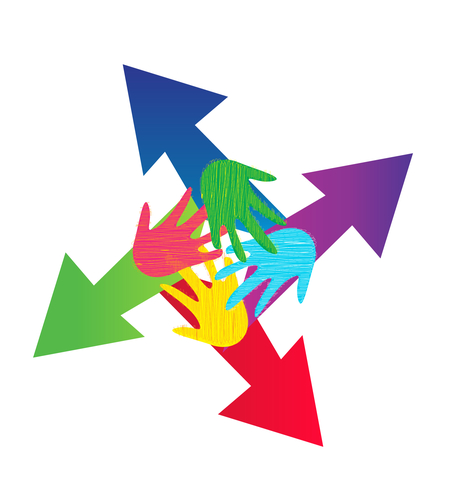Four dynamic networks are guiding the development of proposed targets in advance of the UN summit to adopt the post 2015 development agenda‑2015 Time for Global Action for People and Planet—which will be held in New York this September.
- The Higher Education Sustainability Initiative (HESI), a Knowledge Network, is a partnership between five United Nations agencies (UNESCO, UN-DESA, UNEP, Global Compact, and UN University). Established prior to RIO+20 in 2012, it has since gathered a membership of over 300 universities from around the world that are committed to implementing HESI’s four goals:
- Teach sustainable development
- Encourage research on sustainable development
- Establish green campuses and support local efforts
- Exchange information across international networks
HESI has established the Sustainable Development knowledge network, a source for key international documents and decisions. Deliverables for 2015 include fostering partnerships among municipalities and universities working on sustainability, advancin technological innovations developed through information sharing, “greening” supply chains and resource efficient academic institutions, and engaging thousands of university students by informing them on key sustainability concepts.
- The Partnership on Sustainable Low Carbon Transport (SLoCaT), a policy network, is a multi-stakeholder network including representation from international institutions, civil society, and the private sector. Established in 2009, the mission of the SLoCaT partnership is to develop sustainable transport policy in developing countries. Both freight and passenger transport is included in SLoCaT’s work program, as well as motorized and non-motorized transport. The network’s overarching goal is to mobilize global consensus on the promotion of sustainable, low carbon transport that both reduces greenhouse gas emissions and ensures that the transportation industry contributes positively to poverty eradication and sustainable development. SLoCaT has been deeply involved throughout the SDG negotiation process in shaping and promoting the inclusion of sustainable transportation targets.
- Sustainable Energy for All (SE4All), an operational and delivery network, is focused on promoting actions and mobilizing commitments to transform the world’s energy systems. The initiative is currently working with over 85 developing countries to implement three visionary goals by 2030:
- Establish universal access to modern energy services.
- Double the global rate of improvement in energy efficiency.
- Double the share of renewable energy in the global energy market.
Initially launched directly by UN Secretary-General Ban Ki-Moon in 2011, SE4All has since grown to be supported by top leadership from the public sector, private sector, and civil society. Specific focus areas of the initiative include clean cooking appliances and fuels, diversified electricity solutions, energy efficient buildings and appliances, and efficient agricultural processes.
- Established in 2013, the Tropical Forest Alliance 2020 (TFA2020), an emerging governance network, is a public/private partnership to reduce the tropical deforestation associated with the sourcing of commodities such as palm oil, soy, beef, paper and pulp. Current partners include the government of the United States, Unilever, and the Forestry Stewardship Council. TFA2020 has worked directly with the governments of Cameroon, Gabon, Ghana, Liberia, and Indonesia to improve anti-deforestation governance in relation to the production of palm oil.
Together, multi-stakeholder networks such as these are laying the groundwork for realistic goal setting, broad societal buy-in, and accelerated implementation of the SDGs following the September summit. The scale and scope of these collaborations required careful structuring but, done correctly, can have game-changing impacts in eradicating extreme poverty and advancing sustainable development.



